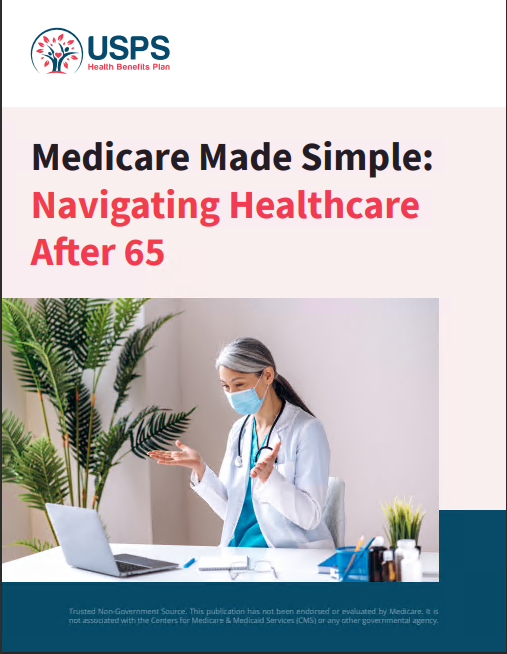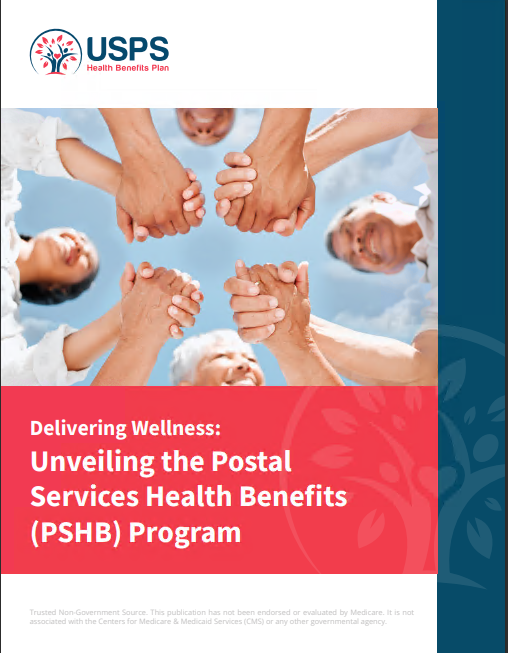Key Takeaways
- Medicare Part A covers skilled nursing facility care for up to 100 days per benefit period, with specific eligibility requirements and cost-sharing responsibilities.
- Understanding the coordination between Medicare, Medigap, and other supplemental insurance options can help reduce out-of-pocket costs for skilled nursing care.
What You Need to Know About Medicare Part A and Skilled Nursing Facility Coverage
Medicare Part A, also known as hospital insurance, provides coverage for inpatient hospital stays, skilled nursing facility care, hospice care, and some home health care services. For many Medicare beneficiaries, understanding the specifics of skilled nursing facility (SNF) coverage under Medicare Part A is crucial, as it can significantly impact their healthcare costs and access to necessary care. This article explores the coverage provided by Medicare Part A for skilled nursing facility care, including eligibility conditions, the duration of covered services, and other essential aspects.
Understanding Skilled Nursing Facility Care
A skilled nursing facility provides specialized care and services that require the expertise of licensed nurses and therapists. This care is typically needed following a hospitalization for a serious illness, injury, or surgery. Skilled services may include:
- Rehabilitation Therapy: Physical, occupational, or speech therapy aimed at helping patients recover their functional abilities.
- Medical Treatment: Administration of medications, wound care, and other medical treatments that must be performed by skilled healthcare professionals.
- Monitoring: Continuous monitoring of a patient’s condition by skilled staff to manage and assess treatment progress.
Eligibility for Medicare Part A Skilled Nursing Facility Coverage
To qualify for skilled nursing facility coverage under Medicare Part A, several specific conditions must be met:
-
Hospital Stay Requirement: The patient must have a qualifying inpatient hospital stay of at least three consecutive days, not counting the day of discharge. The hospital stay must be for a related medical condition or an illness that began while receiving care for the original condition.
-
Doctor’s Orders: A doctor must order skilled nursing care and certify that it is medically necessary for the treatment of the patient’s condition.
-
Timing: The transfer to the skilled nursing facility must occur within a short period (typically 30 days) after the qualifying hospital stay. There are exceptions if the patient’s condition requires delayed or intermittent care.
-
Medicare-Approved Facility: The skilled nursing facility must be Medicare-certified, meaning it meets specific federal standards and regulations.
Coverage Details Under Medicare Part A
Medicare Part A covers skilled nursing facility care for up to 100 days in each benefit period. A benefit period begins on the first day the patient receives inpatient hospital care or skilled nursing care and ends when the patient has not received either form of care for 60 consecutive days. Key coverage details include:
-
First 20 Days: Medicare covers the full cost of care for the first 20 days in a skilled nursing facility. This includes room and board, skilled nursing services, rehabilitation services, medications, medical supplies, and dietary counseling.
-
Days 21-100: From the 21st to the 100th day, Medicare requires the beneficiary to pay a daily coinsurance amount. As of 2024, the coinsurance is $200 per day. Medicare covers the remaining costs.
-
Beyond 100 Days: After 100 days, Medicare does not cover any costs for skilled nursing facility care. Beneficiaries are responsible for all costs unless they have additional coverage through a Medigap policy or other insurance.
Important Considerations
Several important considerations can affect how Medicare Part A skilled nursing facility coverage is utilized:
-
Intermittent Care Needs: If a patient requires intermittent skilled care, such as part-time physical therapy after a hospital stay, Medicare Part A may cover home health services instead of skilled nursing facility care.
-
Multiple Benefit Periods: Beneficiaries can qualify for multiple benefit periods if they meet the conditions for a new benefit period. However, they must have a break of at least 60 days where they did not receive inpatient hospital or skilled nursing care.
-
Medicare Advantage Plans: Beneficiaries enrolled in Medicare Advantage plans (Part C) typically receive the same SNF coverage as those with Original Medicare, but the specific rules and network requirements may vary. It is essential to check the details of your Medicare Advantage plan.
Maximizing Benefits
To make the most of Medicare Part A skilled nursing facility coverage, beneficiaries should:
- Plan Ahead: Understand the requirements and coverage limits before a hospital stay or skilled nursing facility admission to avoid unexpected costs.
- Communicate with Healthcare Providers: Ensure that all care is properly documented and ordered by a physician to meet Medicare’s requirements.
- Explore Supplemental Coverage: Consider additional insurance options, such as Medigap policies, to cover costs that Medicare does not pay.
Coordination with Other Benefits
Medicare’s skilled nursing facility coverage often works in conjunction with other benefits and insurance plans:
-
Medigap (Medicare Supplement Insurance): Medigap policies can help cover the coinsurance for days 21-100, reducing out-of-pocket costs for beneficiaries.
-
Medicaid: For those who qualify, Medicaid may cover costs beyond what Medicare pays, including long-term care needs after Medicare’s 100-day limit is reached.
Recent Updates and Changes
Medicare coverage rules and costs can change, so staying informed about the latest updates is crucial:
- Annual Cost Adjustments: Medicare adjusts coinsurance rates and coverage limits annually. Be sure to check the latest figures to understand potential out-of-pocket costs.
- Policy Changes: Legislative changes and policy updates can impact coverage rules and eligibility criteria. Staying informed through official Medicare resources or consulting with a licensed insurance agent can provide the most current information.
Next Steps for Beneficiaries
For those who need skilled nursing facility care, understanding the full scope of Medicare Part A coverage is essential:
- Verify Eligibility: Ensure that all eligibility criteria are met, including a qualifying hospital stay and a doctor’s order.
- Choose a Medicare-Certified Facility: Confirm that the skilled nursing facility is Medicare-certified to ensure coverage.
- Monitor Benefit Periods: Keep track of benefit periods to maximize coverage and avoid unnecessary out-of-pocket costs.
- Seek Additional Coverage: Consider supplemental insurance options to cover costs not paid by Medicare.
Understanding Medicare Part A and Skilled Nursing Facility Coverage
Medicare Part A provides valuable coverage for skilled nursing facility care, offering critical support for beneficiaries recovering from hospital stays. By understanding the eligibility requirements, coverage details, and coordination with other benefits, beneficiaries can make informed decisions and optimize their healthcare coverage. For personalized advice and further assistance, consider consulting with a licensed insurance agent or utilizing Medicare’s official resources.
Contact Information:
Email: [email protected]
Phone: 6235552345










